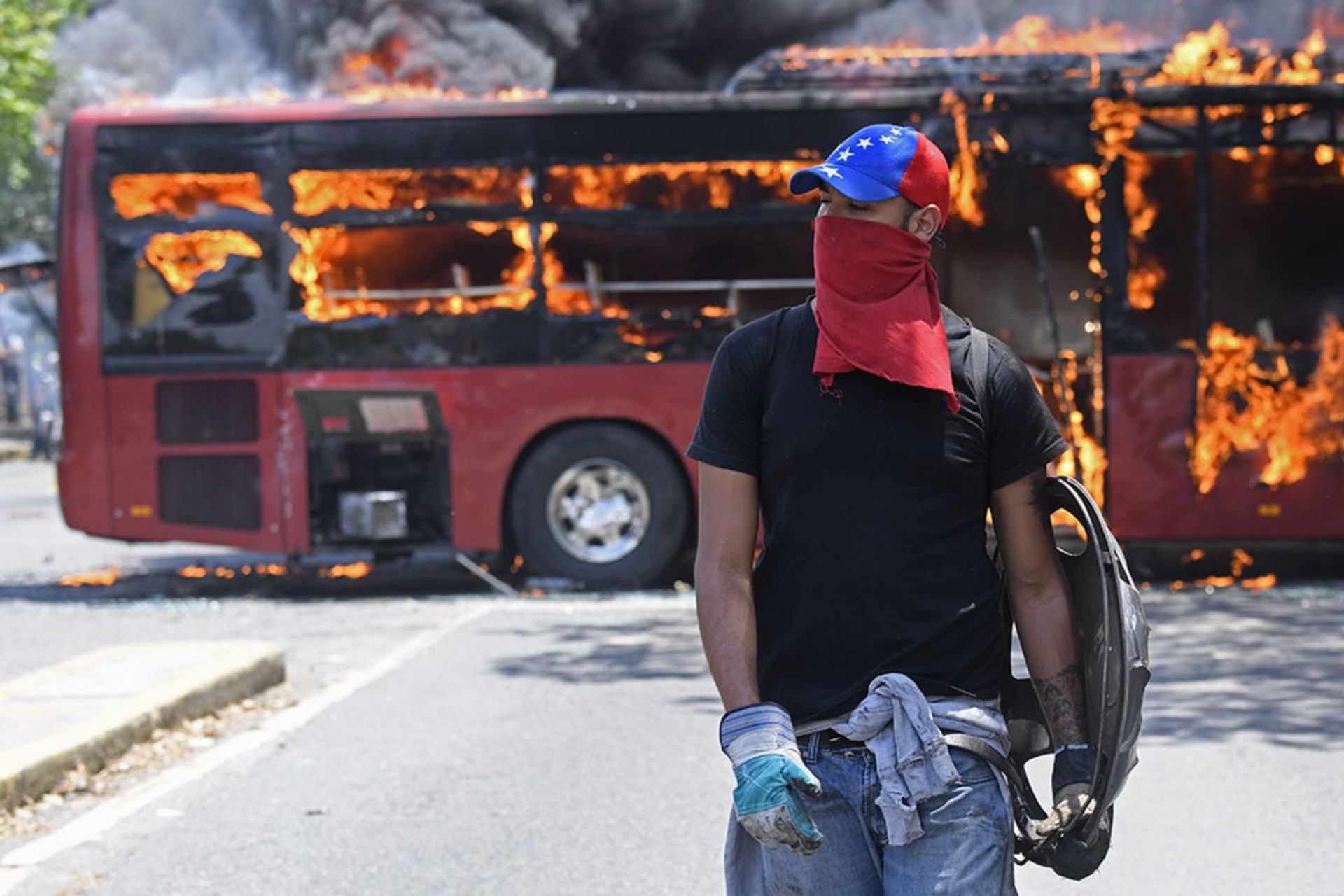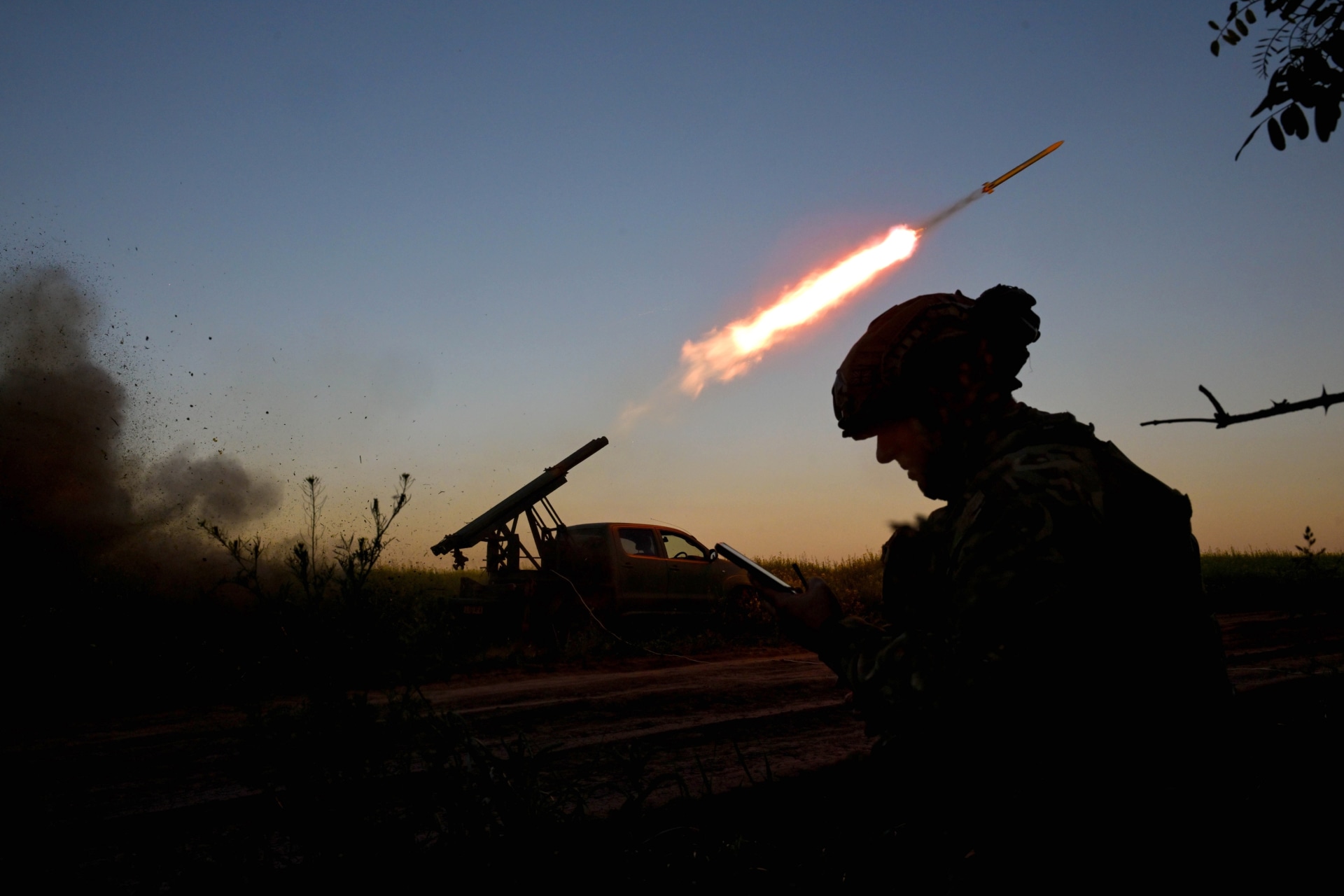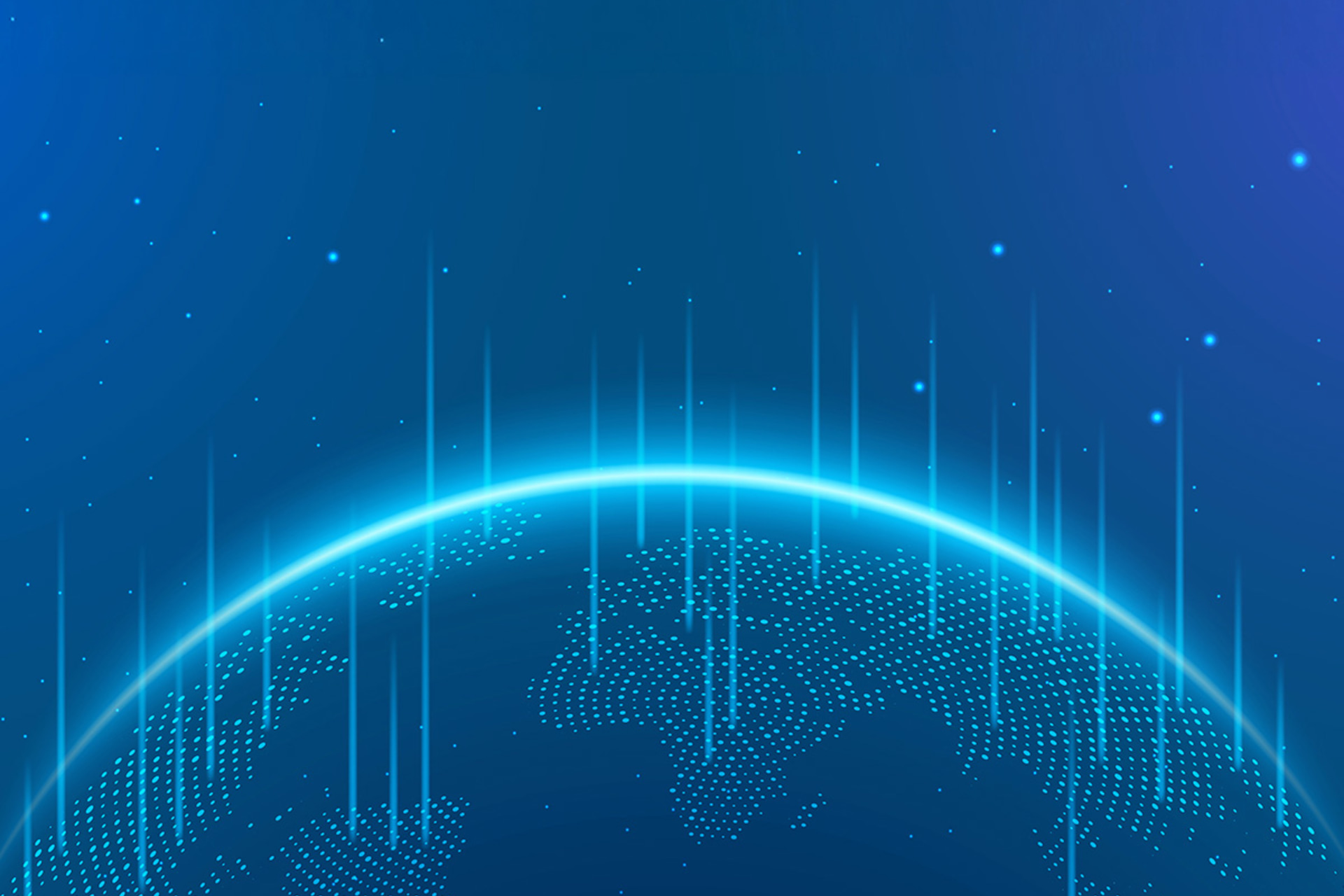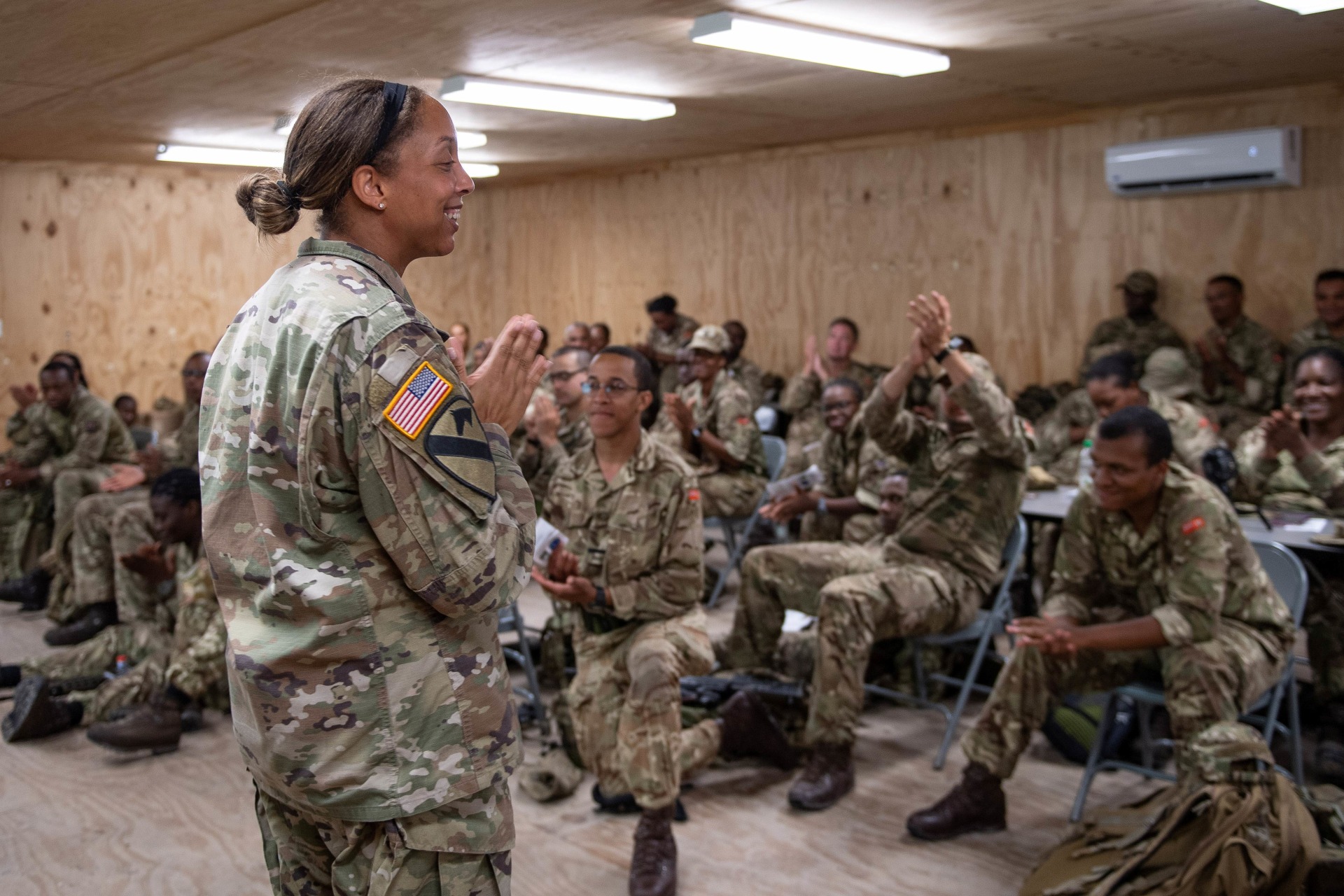Stabilizing Venezuela: Scenarios and Options
Contingency Planning Memorandum Update

Overview
The Venezuelan crisis threatens the interests and security of the United States and Venezuela’s neighbors. The United States and regional partners need to provide humanitarian relief and security assistance and accelerate change to a post-Maduro democracy.
BY
- Frank O. MoraDirector, Kimberly Green Latin American and Caribbean Center, Florida International University
Introduction
The political situation inside Venezuela remains volatile following the failed April 30, 2019, civil-military rebellion, known as Operacion Libertad, against the Nicolas Maduro regime. The Venezuelan economy also continues to deteriorate, causing widespread humanitarian distress and large-scale outflows of refugees to neighboring countries. Potential state collapse and the spillover effects of the humanitarian crisis and insecurity threaten the stability of the hemisphere. Given U.S. interests in Venezuela and the region, the Donald J. Trump administration should consider how the crisis could worsen and consider a range of policy options to help stabilize Venezuela. Preparing for an immediate post-Maduro Venezuela is as important as hastening political change. “Showing the future” to regime elements, including how they can be part of the country’s stabilization and reconstruction, could create the conditions to initiate a democratic transition. As such, this memorandum follows up on an earlier contingency planning assessment and proposes new U.S. policy recommendations that take into account recent developments and potential scenarios in Venezuela.
The Economic and Humanitarian Crisis Deepens
Since the beginning of 2019, the political and humanitarian crisis in Venezuela has been growing to alarming levels, yet no resolution is near. Polarization and confrontation intensified in January when Nicolas Maduro and Juan Guaido, leader of the opposition-controlled National Assembly, each took an oath of office as president of Venezuela, sparking a power struggle. Most Latin American and other Western countries recognize Guaido as the legitimate interim president, but Maduro maintains control of the state’s coercive capacity and receives critical political and security support from Cuba, Russia, and Turkey. The possibility of dialogue seems dim, and political and criminal violence is pervasive. More than one hundred thousand members of paramilitaries, colectivos (armed groups that support Maduro), and criminal gangs roam major cities without resistance from government forces, targeting real or perceived members of the opposition. Today, Caracas is the third most violent city in the world, with one hundred homicides per one hundred thousand people.
Venezuela’s economy, which has contracted by nearly 60 percent since 2013, is experiencing hyperinflation at a rate of 10 million percent. The combination of hyperinflation and the collapse of food infrastructure and supply puts the cost of daily food out of reach for 90 percent of Venezuelans. These food shortages and the lack of access to basic services affect nearly every Venezuelan and are contributing to a dramatic increase in disease, malnutrition, and poverty. Hospitals lack medication and resources to care for the sick and most vulnerable—a situation made worse by nationwide electricity blackouts, which prevent water from being pumped. The lack of water is creating sewage system problems, further exacerbating the public health crisis. As a result, the number of preventable deaths has skyrocketed. Recently announced U.S. oil sanctions are likely to aggravate the socioeconomic and health-sector crises.
The deteriorating situation in Venezuela has implications well beyond its borders. Nearly four million Venezuelans, or more than 10 percent of the country’s population, have fled to neighboring countries, mostly Chile, Colombia, and Peru, where the capacity to absorb refugees is nearly exhausted. If the crisis is not resolved soon and oil revenues decline, the number of migrants could reach 5.3 million by the end of 2019. Infectious diseases such as malaria and measles are also spreading to Venezuela’s neighbors, overwhelming their capacity to respond.
Finally, the systemic violence and spread of transnational drug and criminal organizations—that operate with the support of government and military partners—has established a “mafia state.” The number of drug flights out of the Venezuelan state of Zulia increased by 50 percent from 2017 to 2018. Venezuela has also become a haven for Colombian guerrillas and paramilitary groups, such as the National Liberation Army (ELN), believed to operate in nearly half of Venezuela’s states. Regional security is at stake. So, too, is the leadership and credibility of the United States and its regional partners as they seek to alleviate human suffering and restore democratic rule of law and human rights in Venezuela.
Potential Scenarios
The United States should be prepared for a range of plausible scenarios in Venezuela. They are listed below, from most to least likely.
Prolonged Stasis or Deterioration
The political situation in Venezuela could remain at an impasse, and the socioeconomic situation could continue to deteriorate. Maduro could create cleavages within forces opposed to him both within and outside Venezuela and attempt to muddle through the crisis, thinking time is on his side. If Guaido were detained or assassinated, civil unrest would intensify. If infighting among Guaido’s supporters began, internal domestic pressure could weaken, discrediting anti-Maduro forces. Unity within the Lima Group—a group of Latin American countries and Canada that support Guaido—could begin to fray, as some governments grow increasingly concerned with the growing humanitarian crisis and human outflows. Efforts by the International Contact Group (the European Union, Mexico, and Uruguay) to promote dialogue could gain ground, as indicated by the Norwegian government’s recent effort at mediation between the Maduro regime and democratic coalition forces to find a peaceful way out of the crisis. Diplomatic and security support for the Maduro regime from Cuba, Russia, and others could expand.
If infighting among Guaido’s supporters began, internal domestic pressure could weaken, discrediting anti-Maduro forces.
Meanwhile, economic sanctions, particularly against Petróleos de Venezuela, SA (PDVSA), Venezuela’s state oil company, could increase economic hardship and worsen the health crisis. Blackouts would become more frequent and longer. Maduro would likely continue to refuse humanitarian assistance from governments until they recognized him as the legitimate president. With no political solution in sight and a degrading humanitarian situation, Venezuelans would likely emigrate in greater numbers, placing an enormous burden on Venezuela’s neighbors.
Military or Palace Coup
The April anti-Maduro rebellion included military participation. Nevertheless, the heads of Venezuela’s military leadership and the eight regional commands still remain loyal to the regime—at least for now. But that could change if military elites decided that Maduro’s ouster provided the only way to protect their interests.
In the next few weeks or months, Maduro and his closest associates could be removed from Miraflores, the presidential palace. They would then likely depart the country (as they were allegedly ready to do during the rebellion), either because of a military coup or because dissatisfied elements within the regime and military argued that Maduro betrayed the revolution. These groups would see Maduro’s departure and new elections as the only solution to the crisis. Negotiations with Guaido and the opposition would be possible.
Post-Maduro Chavistas could negotiate guarantees or protections for themselves before handing power over to Guaido and the democratic forces.
A military junta or a Chavista civilian head could then replace Maduro, and the provisional government could call for new elections. The provisional government and opposition forces might then request immediate, massive humanitarian assistance. Meanwhile, the potential for political impasse would remain. Democratic forces might push back, insisting that Guaido is the legitimate interim president and therefore, per the constitution, responsible for organizing new elections. This might intensify violence and repression as the provisional government attempted to control the post-Maduro political process. In the best-case scenario, post-Maduro Chavistas could negotiate guarantees or protections for themselves, such as immunity from prosecution and lifting individual sanctions, before handing power over to Guaido and the democratic forces. These forces could then establish order (with military support) and organize national elections. In the worst-case scenario, a political standoff and higher levels of repression would deepen the humanitarian crisis and lead to the collapse of the military, the government, or the state.
Democratic Transition via Popular Uprising
Guaido’s democratic coalition could learn from the failure of Operacion Libertad and organize a series of better-coordinated demonstrations in which hundreds of thousands of Venezuelans (with the backing of powerful military commands) would march on the centers of power, including Miraflores and the Supreme Court. Such a nonviolent popular uprising could overwhelm the regime’s coercive capacity to repress. The Lima Group and others could support the uprising, leading the armed forces to declare in favor of the interim government in exchange for guarantees such as immunity, lifting individual sanctions, and protecting some of its economic interests. The military would assume responsibility for neutralizing colectivos and other militia groups, helping restore order as the new government prepared for elections and an influx of humanitarian assistance.
State Collapse and Anarchy
In the face of domestic political pressure, international isolation, and tightening economic sanctions, the state could collapse: the centers of power would disintegrate, and anarchy would reign as armed militias and colectivos wreaked havoc in major cities. The humanitarian crisis would reach catastrophic levels, forcing nearly a third of the population to flee to the borders in search of relief. The spread of disease within and outside Venezuela would exacerbate the health crisis. Local and international nonstate groups, such as transnational criminal organizations, could expand their presence and activities, while terrorist groups from within and outside the hemisphere could find Venezuela a hospitable environment from which to operate.
Policy Options and Implications
The United States and other Western powers want the restoration of democracy and rule of law. Nicolas Maduro is equally committed to holding on to power. International sanctions and diplomatic isolation are denying legitimacy and resources to Maduro’s government but have not dislodged him from power. The crisis is intensifying tensions between the United States and Maduro’s foreign allies—China, Cuba, Russia, and Turkey—which are doubling down on their support for the regime. The political and humanitarian crisis requires policy options that address the goals of restoring democracy and providing humanitarian assistance.
Intensify Diplomatic and Economic Pressures and Incentives
The United States and its partners could continue increasing political and economic pressure on the regime, while working with the International Committee of the Red Cross and other nongovernmental organizations to bring humanitarian assistance to the most vulnerable. Additional financial pressures could include secondary sanctions on more foreign-owned companies that do business with Venezuela. Washington could also work with the Lima Group to bolster its capacity and legal framework to impose sanctions on the regime.
Increasing political and economic pressure . . . could cause the political standoff to continue while the humanitarian situation worsened.
However, this approach could cause the political standoff to continue while the humanitarian situation worsened. The spillover effects of the crisis—migration and the spread of infectious disease—could overburden Venezuela’s neighbors. In addition, as the humanitarian crisis deepens with no political resolution at hand, the international coalition could fragment as some call for negotiations. The longer the crisis continues, the greater the likelihood of state collapse. Therefore, pressure alone could prove counterproductive.
The Trump administration recently offered to lift sanctions on individuals supporting Maduro’s government, which could deepen fractures within the ruling coalition. The United States and its regional partners could initiate channels of communication with regime elements and external partners willing to support an off-ramp for Maduro and a process toward transition. This option is fraught with risks but could create the conditions for negotiation or compromise. The Montevideo Mechanism of the International Contact Group—a plan for fostering dialogue and resolving disputes in Venezuela—could provide a framework and complementary effort to support negotiation and post-Maduro elections (though still with Chavista participation). This mechanism could also accentuate cleavages within the regime.
Conduct a Forced Humanitarian Intervention
Senator Rick Scott (R-FL) recently called on the U.S. government “to consider the use of American military assets to deliver aid. . . . We have to figure out how we can provide humanitarian aid with our military.” Such a step would be challenging to execute. Safe zones for distributing food and medicine in Venezuela would need to be created. The Maduro regime would likely consider such intervention an act of war. U.S. partners, even those that recognize Guaido as the legitimate president (i.e., the Lima Group), will not support such an intervention. They have been clear that any use of military force will be supported only by the United States and Guido allies; not a single state has openly said it would support an intervention.
Maduro could deploy some troops to the area in response, but U.S. forces would easily neutralize them. However, such an operation could escalate as a result of a minor skirmish or accident, leading to a much larger U.S. military operation.
A less intrusive option—but one that the Maduro government would likely still consider an act of war—would be to have a U.S. military–led force create safe zones or sanctuaries just inside Venezuela on the borders with Brazil and Colombia. Approval from the UN Security Council is unlikely; the Organization of American States could sanction it, but it is unclear whether it can legally do so.
Delivering assistance to countries whose governments have not authorized it is difficult. Securing safe havens and corridors would likely lead to a violent confrontation with government and/or armed nonstate actors committed to resisting a U.S. intervention, increasing the potential for a military escalation. A forced humanitarian intervention also runs the risk of being perceived as politicizing the delivery of aid. Sending troops, even in a humanitarian capacity, could also escalate the standoff between Maduro and the democratic coalition. Finally, such an intrusive operation could destabilize the country further, intensifying the export of insecurity to Venezuela’s neighbors.
Launch a Military Operation
Some in Guaido’s coalition and among the Venezuelan diaspora have suggested a military operation as the best (and perhaps only) means of addressing the country’s predicament. Support for a military intervention or other operation, such as a precision bombing campaign, is growing within the democratic coalition, which sees military force as the only way to remove Maduro from power. The United Nations is unlikely to back a multinational force for this mission. Russian troops are present in Venezuela, so a U.S. military–led operation would escalate geopolitical tensions. Russian and Chinese fatalities or the destruction of their investments could lead these powers to inflict costs on U.S. interests elsewhere, potentially leading to an escalation.
Mention of military intervention or bombings could create fissures within the anti-Maduro international coalition.
Mention of military intervention or bombings could create fissures within the anti-Maduro international coalition, weakening support among the nearly sixty governments that recognize Guaido as the legitimate president. The anti-Maduro democratic forces have discussed applying the responsibility to protect doctrine (R2P), but China and Russia would probably prevent UN Security Council approval. The consensus view, even among countries that support Venezuela’s democratic coalitions, is that Venezuela does not meet the criteria for invoking the doctrine.
A military intervention, whether a precision bombing campaign or invasion, is fraught with risks and costs. Either course would have to be followed by efforts to stabilize the country and establish a civilian government. U.S. forces, probably numbering at least 150,000 in the case of an invasion, would find themselves bogged down in a lengthy occupation in a country that is twice the size of Iraq, has a complex topography, and has a population of thirty-three million. If the state collapsed, restoring order and governance would likely cost many lives (U.S. and Venezuelan), treasure, and U.S. relations with Latin America.
Post-Transition Stabilization
The United States should also consider how it could help stabilize Venezuela during and after a political transition. Any new government would almost certainly request immediate international assistance to halt further deterioration. The United States should stand ready to provide humanitarian aid and, if requested, technical assistance in transitional justice and institutional capacity-building in the security and economic sectors. Discussions should begin now between the democratic coalition and international financial institutions, along with the United Nations and the United States, the Lima Group, and the European Union.
Guaido’s Plan Pais, which aims to “stabilize the economy, attend to the humanitarian emergency immediately, rescue public services and overcome poverty,” offers a good starting point. The plan focuses on helping the most vulnerable populations and incentivizing foreign investments, particularly in the oil sector. But its provisions are insufficient to deal with the law-and-order crisis that could intensify following a political transition. The militias and other armed nonstate groups will probably not demobilize if Maduro leaves. These groups might possess greater firepower than state security forces, which could weaken after the collapse of the regime.
Any humanitarian and stabilization plan, especially one that includes national elections, will fail in the absence of basic law and order. It is imperative, therefore, that post-transition planning have a strong security component. This will probably require that multilateral organizations and other global partners provide security assistance. The UN Charter provides a legal mechanism through which a post-Maduro government can request a security force to enforce order in Venezuela, ideally in support of an existing state security institution (e.g., the military). The most viable option is a force like the UN Stabilization Mission in Haiti, but with more capacity and authority to enforce peace. The UN force in Haiti was established in 2004 in the aftermath of an armed conflict that spread across the country. The mission worked to restore a secure and stable environment and strengthen government institutions and the rule of law. In Venezuela, the size of the force and duration of its mandate would depend on the capacity of the Venezuelan security forces to maintain law and order. This force would consist of troops and police mostly from the Americas. Stabilization operations would rely on the capacity of U.S. military planning and logistical support for its deployment.
Recommendations
The United States and its regional partners should pursue a democratic transition and resolution to the humanitarian crisis.
Political change in Venezuela is necessary to resolve the political impasse and humanitarian crisis. The United States and its regional partners should pursue a democratic transition and resolution to the humanitarian crisis through policies that intensify economic and diplomatic pressure, while providing incentives to regime elements willing to support a post-Maduro democratic government. The following recommendations to the U.S. government offer a proactive way to support the transition and stabilization of a post-Maduro Venezuela, under the prolonged stasis and deterioration scenario mentioned above and the policy option of intense diplomatic and economic pressure.
- Sustain the sanctions regime, but simultaneously promise assistance for a robust humanitarian and economic stabilization program. A strong diplomatic effort is necessary to ensure that the international coalition remains united and supports the sanctions regime. The United States should encourage Lima Group members to develop the domestic legal framework required to impose targeted sanctions.
- Complement the sanctions regime with clear incentives (e.g., lifting individual sanctions, immunity, and opportunity to participate in politics) to members of the regime to accept a peaceful political transition.
- Continue pursuing overt and back-channel negotiations with regime and armed-forces elements willing to support a peaceful transition. Similar outreach to external supporters of the regime—such as China, Cuba, and Turkey—could help create conditions for transition, but only if open threats and “all options are on the table” rhetoric are avoided, as these countries are less likely to cooperate if they anticipate aggressive action. The United States and its global partners’ negotiations with the regime and its international allies should be coordinated with Guaido and the democratic coalition.
- Initiate a vigorous diplomatic effort to get the United Nations more involved in Venezuela, specifically in planning and implementing a humanitarian assistance and stabilization effort. China and Russia will remain an obstacle, but in a post-Maduro scenario they may be more open to such an effort if some of their equities are protected. The U.S. government should strongly encourage the UN secretary-general to be part of the international effort to pressure the Maduro regime to accept a peaceful transition to democratic rule. This would be carried out via a transfer of power to an interim government that would then hold elections in which Maduro was not a candidate.
- Develop and implement a plan for stabilization and reconstruction, including significant international support, to be implemented following the end of the Maduro regime. This can begin with a call for an international donors conference where states and international financial institutions would show, through their commitments, what a post-Maduro Venezuela could look like. A compelling package of humanitarian and development assistance could deepen fissures within the regime, leading to leadership change.
- Facilitate and fund more vigorous nongovernmental relief operations for neighboring countries, such as Brazil, Colombia, and the Caribbean island states, to help manage spillover effects: the humanitarian crisis is adversely affecting neighboring states as migrants and disease overwhelm their absorptive capacity. The United States and multilateral organizations should announce and implement a robust program to support these states by delivering food, medicine, and other needed goods to the border.
- Prepare for an international stabilization force for the post-Maduro transition phase. Security will be essential for delivering aid and for the subsequent process of reconstruction and elections. Democratic transition is central to solving the humanitarian crisis, but without security, the post-Maduro government will not be able deliver aid, stabilize the economy, or restore democracy and the rule of law. The approval and planning of such a force should begin soon to be ready on request of the transitional government. This will require the consent of the UN Security Council, including China and Russia. Getting their support for the resolution or their agreement to abstain will require certain guarantees, such as including Chinese and Russians in the civilian leadership staff supporting the force.
The Venezuelan political and humanitarian crisis threatens the interests and security of the United States and its regional partners. Planning and coordinating with regional partners and Venezuela’s democratic coalition need to begin now, both to provide humanitarian relief and security assistance in the immediate phase of the transition and also to accelerate change by demonstrating to regime elements that a future without Maduro and his cohorts is preferable.
The Council on Foreign Relations acknowledges the Rockefeller Brothers Fund for its generous support of the Contingency Planning Roundtables and Memoranda.t





